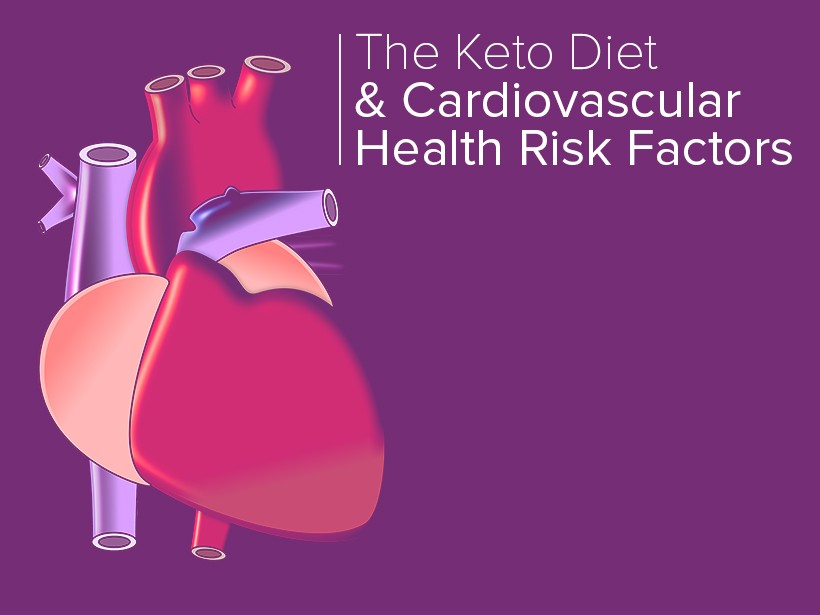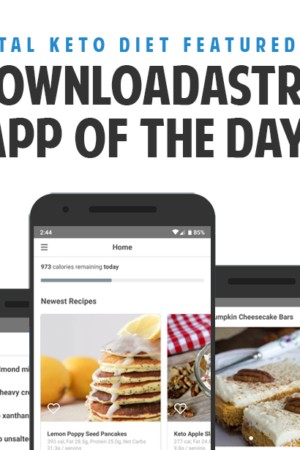Cardiovascular health is one of the biggest health priorities in the United States. Every year, around 610,000 people die from heart-related diseases1. Similarly, well over 730,000 Americans have a heart attack every year. While there are certainly hereditary causes related to heart disease, most health professionals agree that lifestyle and diet play a major role in the heart disease epidemic affecting Americans.
One of the main causes of heart disease is due to the buildup of fatty plaque in the arteries in our heart that restricts the blood flow through the body. Atherosclerosis is the most common cause of heart disease2 and is most directly tied to unhealthy diet, lack of exercise, and obesity.
What is Wrong with Our Diets?
While there are several problems associated with the industrial food system and the “fast-food” diet, one of the major dietary causes of heart disease is related to a diet high in carbohydrates. Carbohydrates are broken down into glucose by our body, which in turn elevates our blood sugar levels.
For people who are physically active, much of the excess, glucose-based energy is burned off during the day. However, the increasingly sedentary lifestyle of many Americans means that the high carbohydrate diet essentially fills our body with glucose and empty calories. This, in turn, raises blood sugar levels (thus the diabetes epidemic), increases the risk of coronary heart disease3, and elevates triglyceride levels, which subsequently increases the risk of heart attacks4.
While human beings have been eating high carb diets for centuries, the agrarian livelihoods of our ancestors made sure that they were physically active enough to burn off the increased glucose-based energy. Today, unfortunately, the combination of a high carb diet and a life behind a desk has combined to create vulnerability to a number of different types of heart disease.
How Can the Keto Diet Improve Cardiovascular Health?
The ketogenic diet, which focuses on strictly limiting carbohydrate intake in favor of a diet high in fats with moderated protein levels, may very well be able to reduce several of the heart health related issues mentioned above. By taking carbohydrates out of our diet, we will be able to lower unhealthy triglyceride levels in our body. Monounsaturated triglycerides (the bad kind) are a known risk factor for heart disease, and the lower they are, the less vulnerable we will be to heart disease5.
Furthermore, we have all heard that cholesterol is not good for you. However, there are different types of cholesterol, and only certain types of cholesterol present an increased risk for heart disease. LDL cholesterol (low-density lipoprotein) is the “bad” type of cholesterol that carries cholesterol from the liver to the rest of the body. HDL (high-density lipoprotein), however, takes cholesterol away from the rest of the body towards the liver where it can be reused or simply excreted.
Also, medium-chain triglycerides, or MCTs, are considered to be more healthy for you than other types of triglycerides. Coconut oil is one great source of MCTs and is a great addition to the keto diet.
The higher the levels of HDL and MCTs in your diet, the lower your risk for heart disease6. While high carb diets (especially diet high in sugars) will increase the LDL in your blood, a diet that is high in healthy fats (like the keto diet) will expand the HDL content in your blood, thus lowering cholesterol and limiting the cardiovascular health vulnerabilities.
NUTRITIONAL DISCLAIMER
The content on this website should not be taken as medical advice and you should ALWAYS consult with your doctor before starting any diet or exercise program. We provide nutritional data for our recipes as a courtesy to our readers. We use Total Keto Diet app software to calculate the nutrition and we remove fiber and sugar alcohols, like erythritol, from the total carbohydrate count to get to the net carb count, as they do not affect your blood glucose levels. You should independently calculate nutritional information on your own and not rely on our data. The website or content herein is not intended to cure, prevent, diagnose or treat any disease. This website shall not be liable for adverse reactions or any other outcome resulting from the use of recipes or recommendations on the Website or actions you take as a result. Any action you take is strictly at your own risk.
- Benefits of Eating Rabbit Meat - August 20, 2018
- Raising Your Own Food for a Keto Diet: A Primer on Raising Rabbits - August 15, 2018
- Some Possible Health Effects of Meat Raised on Industrial Farms - June 25, 2018




